That Sinking-Then-Hopeful Feeling
Ever get news that makes your stomach do a flip? Like, sit-down-for-this levels of worry? That’s exactly how I felt when my uncle’s doctor uttered those words: “We need to do open heart surgery.” Suddenly, everything in the room faded—except a single thought pulsing in my head. Does he even stand a chance at his age?
Maybe you’re reading this because you’ve had that same worry… or you care for someone on the edge of a life-changing decision. Let’s break open heart surgery survival rate by age down together, in plain talk, with a little real-life hope sprinkled in. I promise: we’re not doing doom and gloom—just honest, friendly guidance you can actually use.
:max_bytes(150000):strip_icc()/QuadrupleHeartBypass_3157249_Final_1-af9edd3d58be49de8291ef0bb179554c.png)
Age Isn’t Just a Number (Here)
So, Does Age Make It Riskier?
Let’s get this out of the way: When it comes to open heart surgery, your age does matter. But—big but, by the way—it’s not the only thing that decides how things will go. Seriously, don’t let anyone talk like age is a deal-breaker.
Younger folks (think under 60) have the best shot statistically. The numbers look really good—like over 95% making it through the first year according to research. In this crowd, a lot of people bounce back quick. My neighbor Dave, 48, was back on his bike so fast it made my knees hurt just watching him.
When you hit the 50s, open heart surgery survival rate by age 50 is still nothing to sneeze at—around 90%+ for the first year. Not bad at all, right? Folks in their fifties might have a few more health quirks to manage, but they’re often still game for a good comeback. (If you want to nerd out, you can always peek at Open heart surgery survival rate by age 50 for some specifics.)
Quick Table: Survival Rate Benchmarks
| Age Group | 1-Year Survival | 5-Year Survival | 10-Year Survival |
|---|---|---|---|
| <50 | 95% | 90-92% | 82-85% |
| 50-59 | 92-94% | 85-88% | 75-82% |
| 60-69 | 90-92% | 74-80% | 60-70% |
| 70+ | 85-90% | 56-68% | 31-40% |
(Turns out, the data isn’t just numbers—it’s a way to start conversations at your next doctor visit. Handy, right?)
The 60s: Not Ready to Slow Down
I love this age bracket—so many are just hitting their stride, except maybe with a bit more creak in the knees. And guess what? The stats say you’re still in a pretty strong spot. Open heart surgery survival rates for people in their 60s clock in at around 90% at one year, and somewhere near that 74-80% range at five years Mayo Clinic study.
If you or someone you love is in this age zone, here’s the honest truth: yes, risk does go up a notch. But I’ve met folks who used the whole experience as a turning point—a wakeup call to tweak the diet, pick up walking, and actually listen when their doctor says “go easy on the salt.”
Remember—you can always touch up on Open heart surgery survival rate by age 55 for the latest tips if you’re right on that next birthday line.
Real Talk: Recovery Stories
Let me toss in a quick one. My aunt stayed with us while healing up from bypass surgery in her early sixties. Was it tough? Oh, for sure. But six months later, she was out in the yard weeding and (even more impressively) wrangling the grandkids. She’s the proof—age is a factor, but so is attitude.
Life in Your 70s and Beyond
Does 70 Mean Game Over?
Absolutely not. For all the doom and gloom that sometimes swirls around “major surgery” and “advanced age,” the facts actually encourage. Yes, short-term risk edges up: for people over 70, a large study found an overall operative mortality around 11%. But hold up, because for people getting just a coronary bypass, it was as low as 2.8% in this surgical series. That’s way less scary than a lot of headlines make it sound.
As you’d guess, other health issues—things like diabetes or chronic lung disease—can nudge those numbers up, but, and this is important, even folks in their seventies see most of the life improvements after surgery. Over 90% of those who made it past the first few weeks were back to normal or feeling even better according to the same data.
Decade-by-Decade: A Closer Look
| Age | 10-Year Survival | 20-Year Survival |
|---|---|---|
| <50 | 85% | 55% |
| 50-59 | 80% | 38% |
| 60-69 | 74% | 22% |
| 70+ | 56% | 11% |
See a pattern? As you’d expect, the curve dips with years—but if you think about it, being over 70 and standing a more than 50% shot at being here in another ten years post-surgery? That’s not just decent, it’s a minor miracle for many.
The 80+ Crowd—Is It Worth It?
I’ve gotta be honest: when my friend’s grandma had bypass surgery at 83, there were tears. Happy ending though—she was knitting hats and schooling everyone in dominoes a year later. What do the pros say? For octogenarians, research says about a 90% one-year survival rate, 68% at five years, and yes, it does trickle down over the decades, but with careful picking (the right procedure, right patient)—it’s still worth considering for many Denmark surgery cohort.
Have you noticed how many more people in their 80s seem to be bouncing back from big procedures? It’s not chance—better surgical skills, sharper aftercare, and docs picking personalized strategies make a world of difference now.
Other Factors: Why It’s Not “Just” Age
What Else Tips the Scales?
This is a tangent, but a good one. Age is big, but it’s not the only player in the game when we talk about open heart surgery survival rate by age. Let’s run through the short list:
- Comorbidities: Diabetes, kidney disease, lung problems—they can all raise the risk, regardless if you’re 45 or 75.
- How urgent the surgery is: Emergency? Higher risk. Elective and planned? Lower.
- Type of surgery: Minimally invasive, “off-pump” techniques (where they don’t stop the heart entirely) are growing more common and can shave down complications, especially for older folks.
- Your aftercare game: Are you getting to your appointments? Moving a little every day after? Taking those meds, even when you feel fine?
On the flip side, if you’re in your 50s but getting a tricky multi-valve repair, the risks can look more like the 70s bracket. That’s why it’s so personal—numbers are for handrails, not cage doors.
If you want to see what these details mean for the younger crowd, dive into Open heart surgery survival rate by age 50; glancing at Open heart surgery survival rate by age 55 can be illuminating too, especially if you’re right on that birthday cliff.
Women vs. Men: Who Fares Better?
I wasn’t going to bring up the “battle of the sexes,” but it’s genuinely interesting. Recent research out of Canada found women sometimes face higher risks than men after some big heart procedures—especially combined bypasses and valve fixes. No one’s entirely sure why (yet), but the current whisper is that symptoms are different, and sometimes women wait a bit longer before getting help… so, don’t ignore those early warnings, okay?
And if you’ve gone through it? I’d love to know—does this line up with your experience?
Survival Isn’t Everything (But Quality Counts Too)
Let’s be real. It’s not just about ticking years off a chart. A huge win is getting back to the everyday stuff: making your own toast, doing your crosswords, catching up with friends. Out of hundreds of olders studied, the majority said their quality of life actually got better after heart surgery—pain lessened, and independence rebounded in most cases based on clinical outcome reports.
So when you ask, “What’s the open heart surgery survival rate by age?”—know that a lot of folks aren’t just alive, they’re living.
What Can You Do to Boost the Odds?
Habits That Stack the Deck in Your Favor
You know those heart-healthy tips you always hear? Turns out, they move those survival numbers even more than age some days. Here’s what every tough old cardiac nurse (the real heroes, honestly) will tell you:
- Quit (or cut back dramatically on) smoking.
- Pile your plate with veggies, lean proteins, and healthy fats. Think “color” not “beige.”
- Move—yes, even slow, gentle walking counts. Don’t try marathons. Just stroll, dance in your kitchen, or get off the couch a little more.
- Show up for your follow-ups. Let your care team know what actually hurts or worries you.
- Do the “boring” stuff—take meds, manage blood sugar, watch that blood pressure.
People who embrace these small daily moves? They recover faster and do better long-term, regardless of what their birthday candles say. Want customized steps for your stage of life? See what’s unique about the Open heart surgery survival rate by age 55 group.
And if you’re helping someone else through it—just show up, listen, and encourage the small wins. It matters more than you know.
Tying It All Together (With a Bow of Hope)
Let’s leave the medical charts behind for a sec. If you’re sitting with that gut-punch feeling, here’s what I’d tell my own family: open heart surgery survival rate by age is a real thing, the numbers matter, but you are not just a statistic. People of all ages—yes, even those inching up to 80 or more—can and do not just survive, but become stronger, sharper, and even more grateful for the days ahead.
Statistics give us a sense of what’s likely, not what’s certain. So ask your questions, demand honest answers, and use numbers like a GPS, not a brick wall. And hey—share this article with anyone nudging up to a major heart decision. Let’s spread the hope wide. After all, we’re all just hearts beating through life together, one hopeful day at a time.
Ready for your next chapter? What’s the one small win you’re aiming for this week? Let me know below—because your story matters, and I’m rooting for you.

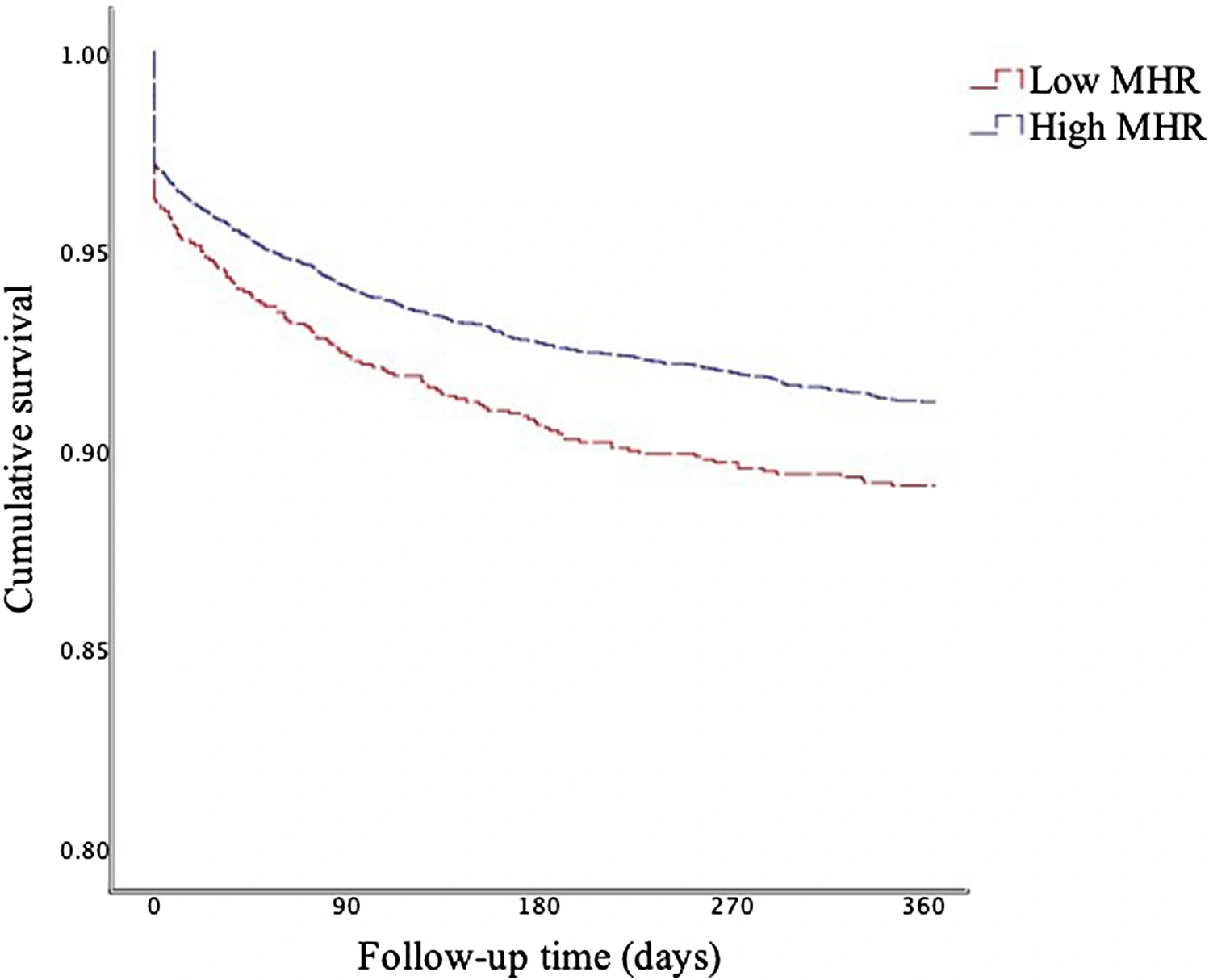
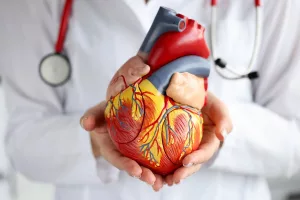

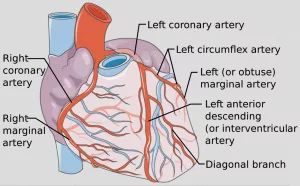
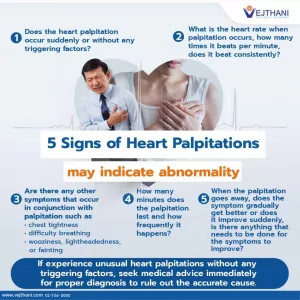

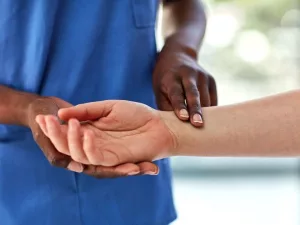

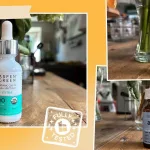

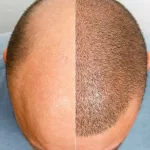







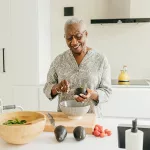
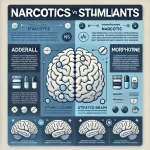
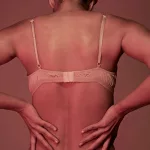
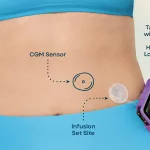

Leave a Reply
You must be logged in to post a comment.